Korea Zinc’s Crucial Role in Global Semiconductor Supply Chain Sparks Concerns Amid Potential Acquisition
FleishmanHillard
Aesop Kim
+82-10-3200-0493
aesop.kim@fleishman.com
The hostile takeover bid led by MBK Partners and Young Poong is raising concerns about the potential threats it poses to the global semiconductor supply chain. Korea Zinc (KRX:010130), a leading supplier of semiconductor sulfuric acid, plays a crucial role in providing the key material to semiconductor giants such as Samsung Electronics and SK Hynix. A successful takeover could not only jeopardize the timely delivery of high-quality sulfuric acid, but it could also undermine efforts to build a secure, China-free semiconductor supply chain.
Samsung and SK Hynix Rely on Korea Zinc’s Semiconductor Sulfuric Acid
The semiconductor sulfuric acid market in South Korea currently stands at approximately 380,000 tons per year, with Korea Zinc supplying 240,000 tons and LS MnM Inc. providing 140,000 tons. Samsung Electronics and SK Hynix, which together account for over 98% of the total consumption, rely on this essential material for cleaning semiconductor wafers—a critical process that directly impacts production yield and quality.
Due to the stringent quality and timely delivery requirements, importing semiconductor sulfuric acid is limited, and Korea Zinc and LS MnM remain the only domestic producers. Korea Zinc’s current production capacity is 280,000 tons per year and additional expansions currently underway are expected to increase this capacity to 320,000 tons upon completion in 2026. Semiconductor sulfuric acid is one of the key strategic materials for Korea Zinc's current management, with long-term plans to exceed production by 500,000 tons annually.
The sulfuric acid used in semiconductor processing must be extremely pure, requiring specialized expertise and rigorous process controls. Samsung and SK Hynix regularly conduct detailed audits of their suppliers’ production processes and impose strict standards before approving the material for their manufacturing lines.
Any disruption in the supply or quality of this critical material could halt production at major semiconductor factories, including Samsung’s facilities in Pyeongtaek, Hwaseong, and Giheung, as well as SK Hynix’s plants in Icheon, Cheongju, and Wuxi. Continuous communication between Korea Zinc and its customers is essential for ensuring supply chain stability and addressing any technical issues that may arise.
Hostile M&A Takeover Poses Threats to Global Semiconductor Supply Chain
The ongoing management dispute between Korea Zinc and MBK Partners is being closely monitored by Samsung and SK Hynix, both of whom recognize the vital role of Korea Zinc’s products. Industry experts are concerned that a private equity takeover, driven by short-term financial objectives, might jeopardize the long-term investments necessary to maintain and expand Korea Zinc’s production capacity.
This concern is particularly acute as South Korea undergoes significant semiconductor fab expansions. SK Hynix is investing KRW 122 trillion in new fabs in Yongin's Wonsam-myeon, set for completion by 2027, while Samsung has committed KRW 360 trillion to a new fab in Namsa-myeon in Yongin city, with construction slated to begin in 2031. Once these projects are completed, the domestic demand for semiconductor sulfuric acid is expected to exceed 1 million tons annually.
Given the technical expertise required to produce semiconductor sulfuric acid, a high-precision foundational material, only a few specialized plants, like those operated by Korea Zinc which has secured advanced contamination control technologies, can meet the strict quality standards. Imported alternatives pose significant risks related to quality control and supply reliability, underscoring the importance of Korea Zinc’s production capabilities.
The global semiconductor supply chain could also face broader repercussions. Industry sources have expressed concerns that if Korea Zinc were acquired by Chinese companies, they could prioritize supplying Chinese semiconductor manufacturers, potentially disrupting the flow of this essential material to Korean companies and affecting the U.S., a key competitor to China in the global AI race.
As semiconductors remain South Korea’s largest export, Korea Zinc’s advanced technology, commitment to quality, and sustained investment in production capacity are essential for maintaining a stable and secure supply chain for this critical material.
View source version on businesswire.com: https://www.businesswire.com/news/home/20241008972705/en/

 Business wire
Business wire 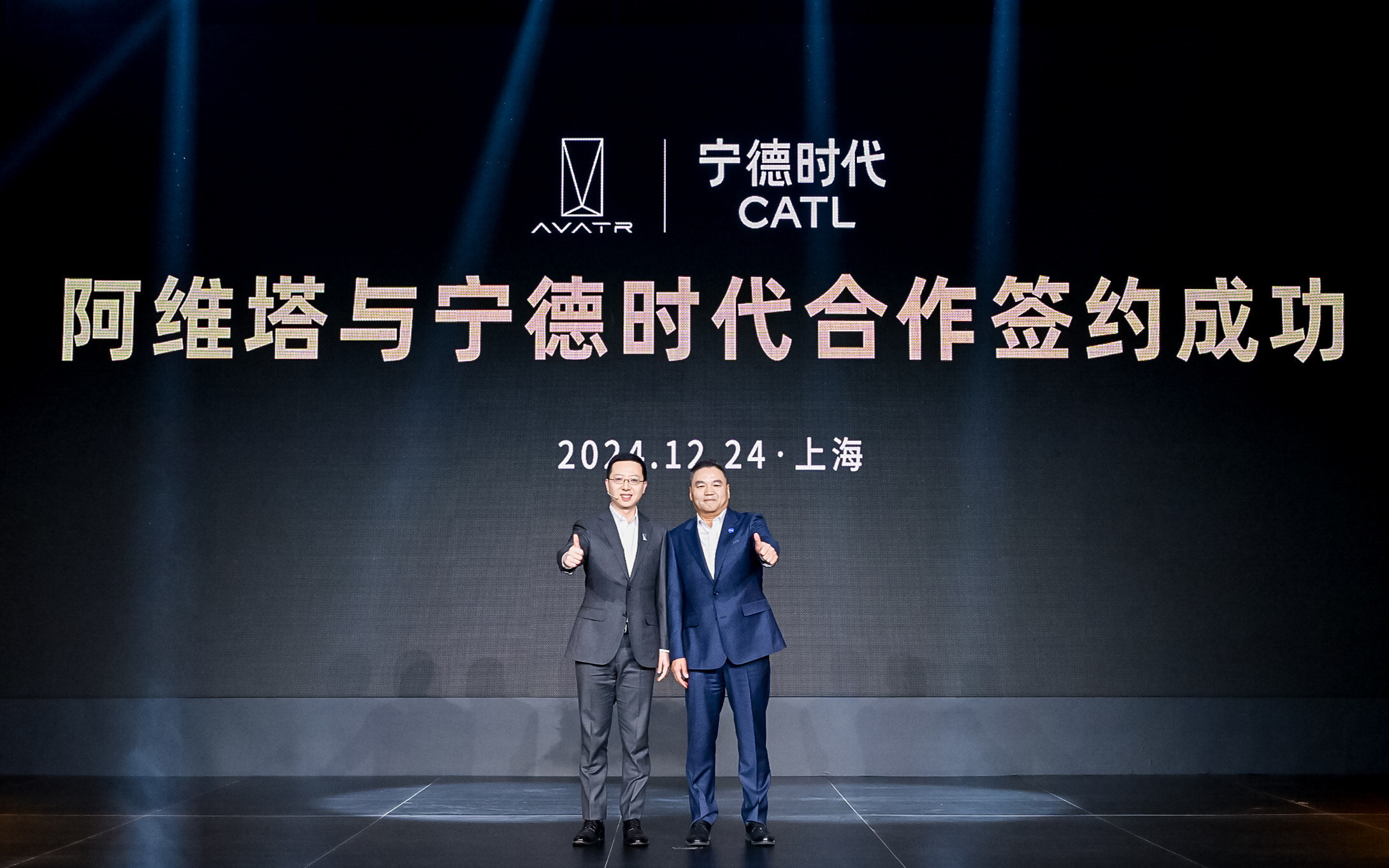


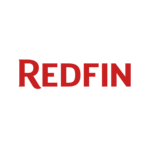
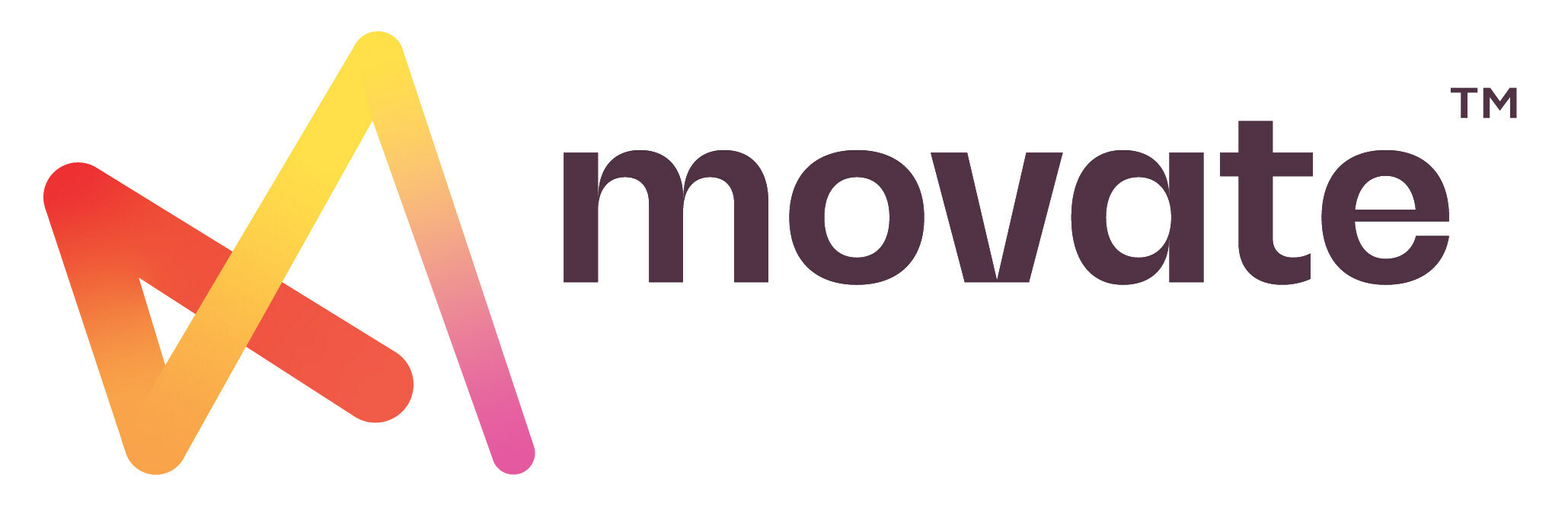
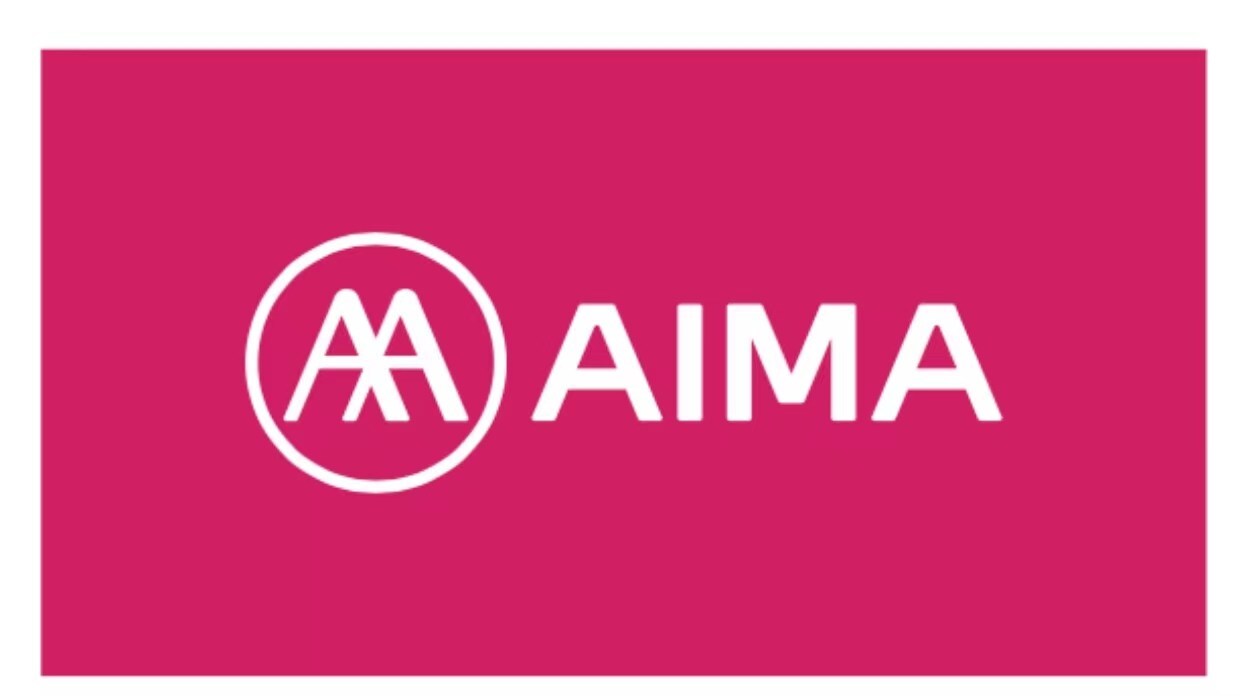


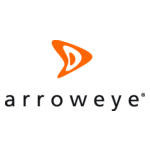
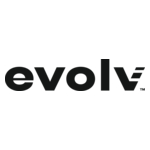

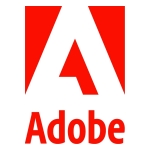
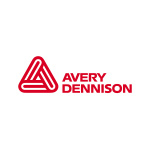
Add Comment